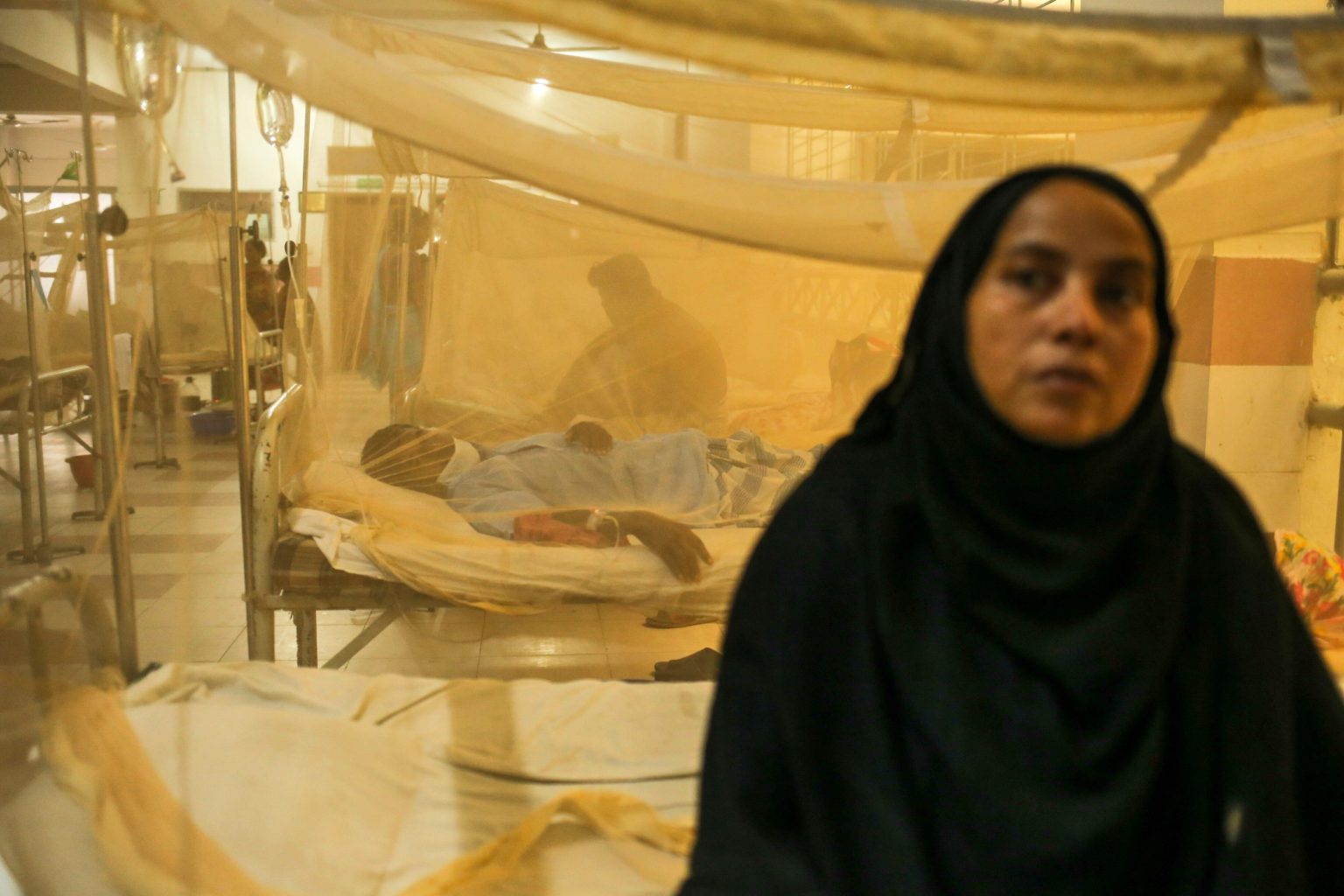A total of 21,118 dengue patients have been hospitalized across Bangladesh this year, with 58.8% men and 41.2% women among the affected. While there has been a slight reduction in cases over the past 24 hours and no new fatalities, 138 new patients were admitted during this period.
Experts are raising alarms, warning that without immediate and effective mosquito control measures and strategic actions, the situation could worsen rapidly. If the current trend continues, August could witness an even sharper rise in dengue cases.
According to a press release issued by the Health Emergency Operation Center and Control Room of the Directorate General of Health Services (DGHS), in the last 24 hours, the largest number of dengue cases were reported from the Barisal Division (outside the city corporation) with 49 cases, followed by Chattogram with 17 cases, and Dhaka Division (outside the city corporation) with 25 cases.
The Dhaka North City Corporation reported 14 cases, and the Dhaka South City Corporation recorded 13 cases.
A total of 93 dengue patients were discharged from hospitals in the past 24 hours. As of now, 19,728 patients have recovered and been discharged this year.
July saw a sharp rise in both the number of cases and fatalities. The number of hospitalized dengue patients in July reached 10,684, with 41 deaths — the highest number of fatalities in a single month this year. This was a stark contrast to June, which saw 5,951 cases and 19 deaths.
The death toll from dengue in 2025 stands at 83 so far, with a significant increase compared to previous years. In 2024, the country had 101,214 dengue patients, with 575 deaths. The year 2023 saw the highest ever cases, with 321,179 dengue patients and 1,705 deaths.
Dr. Kabirul Bashar, a professor of Entomology at Jahangirnagar University, has warned that dengue control could remain elusive unless long-term, practical strategies are adopted. He emphasized the need for integrated mosquito control measures that include environmental management, biological control, chemical control, and active public participation.
“If the mosquito issue is not addressed properly, the current scenario could worsen significantly,” Dr. Bashar said. He also stressed the importance of public awareness about the Aedes mosquito, the main vector of dengue, and urged people to learn how to spot larvae and take precautions to prevent its spread.
The Health Ministry and local authorities are continuing their efforts to curb the spread of the disease. However, experts have called for a more urgent, multi-pronged approach that includes active participation from both the government and the public.


